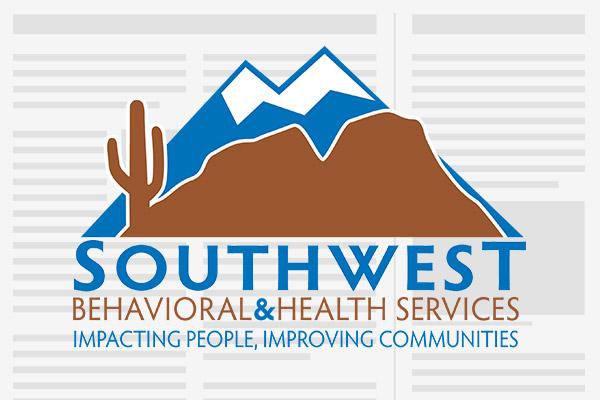DrugFreeAzKids News
What does Prevention Look Like? (Part 1 of 3)
Underage drinking and drug use prevention is officially measured by looking at statistics and data over a number of years. But there is another way to measure the power of prevention and that is through families, just like yours, that have been impacted by our programs, tools and services. Our next three eNewsletters will take a look at three different families and how just a few short weeks have made a long lasting family impact.

Arizona Drug Use Survey Released - Rx and Underage Drinking Moving in the Right Direction
The results of the Arizona Criminal Justice Commission’s Arizona Youth Survey 2012, released last week, show use of prescription drugs to get high decreasing among teens and underage drinking showing a decline as well.

Two Rules You Don't Want To Break This Holiday Season
The holidays often include celebrating, get-togethers and extra activities – shopping, baking, cooking, and parties! During the hustle and bustle we can be tempted to bend the rules a bit here and there so we won’t miss out on any fun. While stretching bed time an extra half-hour to accommodate holiday fun is harmless, some rules should never be broken.
1. Drinking and driving.
Take a few moments to take (or renew) your No Drinking and Driving Pledge.

Bless The Children In Our Lives
As Thanksgiving Day quickly approaches, it’s time to think about and reflect on our life’s blessings. While we are eternally grateful for the roof over our head and the food we are so accustomed to eating every day, don’t forget to thank the children in our lives. Whether you are a parent, grandparent, aunt or uncle, know that you have the ability to make an impact in the lives of these children that may be in your own family.

"Deadly Dose" Documentary to air on Sunday 11/18/12
Dr. Sanjay Gupta, associate chief of neurosurgery at Grady Memorial Hospital and CNN's chief medical correspondent, is the author of the novel "Monday Mornings." Don't miss his "Deadly Dose" documentary at 8 p.m. ET Sunday.

Statistics from the Narcotics Overdose Prevention and Education Task Force
- Every day 2,500 teens in the United States try prescription drugs to get high for the first time.(Source: Partnership for a Drug Free America)
- Nearly half (49 percent) of all college students either binge drink, use illicit drugs or misuse prescription drugs.

How Can I Keep My Child From Abusing Prescription Medications?
- Safeguard all drugs at home. Monitor quantities and control access. Take note of how many pills are in a bottle or pill packet, and keep track of refills.

Hispanics and Substance Abuse: Breaking Barriers
By: Paul Martinez
Teens today are influenced by a wide range of social factors. As parents we assume that friends, television and magazines are some of the biggest influences in the choices our teens make- but that’s not always the case. With the added pressures of stress and the desire to fit in, culture and ethnicity can no longer be ignored as a factor for substance abuse amongst teens.

The Drug That Never Lets Go
Dickie Sanders was not naturally prone to depression. The 21-year-old BMX rider was known for being sweet spirited and warm -- a hugger not a hand-shaker. The kind of guy who called on holidays. Who helped his father on the family farm. Who spent countless hours perfecting complicated tricks on his bike. Yet on Nov. 12, 2010, Sanders was found dead on the floor of his childhood bedroom. He had shot himself in the head with a .22 caliber youth rifle.

8 warning signs your teen may be abusing prescription drugs
Published October 20, 2012
FoxNews.com, Nicholas Kardaras














